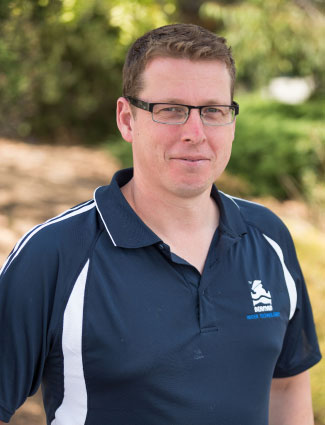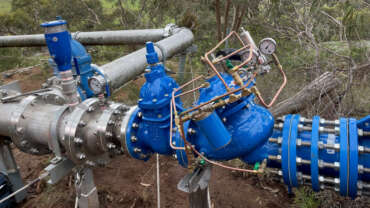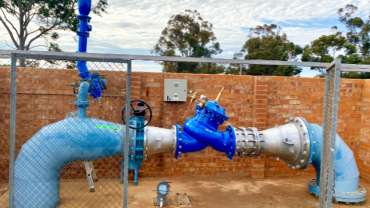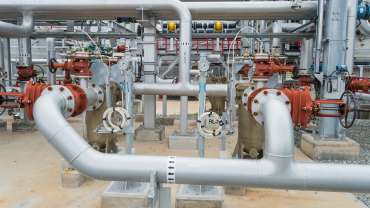TasWater: A Responsive Response to Failing Pipelines
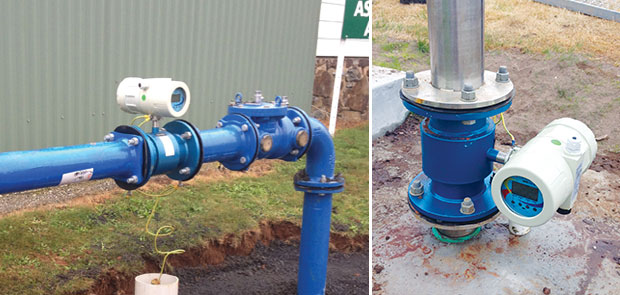
In this case study, Damian Muir, BWT’s Metering Technical Specialist discusses our innovative approach to helping TasWater solve some legacy piping problems.
Tasmania’s move to Mag Flow Metering
TasWater is the sole water and sewage service provider for Tasmania. With an annual turnover of more than $300 million, over 200,000 water connections and more than 176,000 sewerage connections, they have a significant scale of operations throughout the state.
Although TasWater is a relatively new entity – formed after the combination of three previous service providers – they have some pipeline tracks within their infrastructure that are over 20 years old.
Modern pipe lines are designed with two dedicated tracks for specific usages: fire service and domestic. TasWater’s existing structures had been designed and installed long before dual lines were standard practice. Developing an additional pipeline to modernise the track simply wasn’t a solution – it would take too long and cost too much.
BWT had to accommodate the existing infrastructure and develop an innovative approach that wouldn’t involve any changes to existing pipework. TasWater required a new solution for a variety of reasons.
Firstly, the bypass meters used previously ran the risk of mechanical failure, which can consequently obstruct and impede flow. In a potentially critical fire service scenario where a high and sustained flow is required immediately, running the risk of limited water availability is not an option.
Secondly, in any instances where institutions are using significant amounts of water for manufacturing or production requirements, pipes are typically using higher levels of water than would be expected on the domestic line. If a bypass meter is consistently running at Q3 then it can result in a loss of reliability and again compromise the availability of higher flow for fire service usage.
The MUT2200 Euromag Magnetic Flow Meter offered a potential solution.
In order to ensure that TasWater could gauge precise readings for accurate billing purposes, we developed a custom-designed earthing kit.
The kit removes all “noise” (i.e. flows that register, but that don’t actually exist). It proved so successful that it is now a standard fitting on every Euromag BWT meter.
Another custom development involved heightening the responsiveness of our installations by utilising our fast-acting MUT 2200 sensor, so that the meters register almost instantaneously when someone turns on a tap. A faster-acting meter makes for more accurate billing purposes by providing a more comprehensive and detailed account of domestic water usage.
We also customised the output of our data, so that it could be integrated into TasWater’s AMR remote meter reading program and immediately processed for analysis. This meant that TasWater were receiving more accurate data in a far more convenient manner.
Thanks to the combined impact of these strategies, we were able to ensure greater reliability on the meter and eliminate the risk of mechanical failure, while improving the accuracy and convenience of records for billing information.
There are now well over 100 installations throughout Tasmania. TasWater are in the process of replacing all of their combination meters with BWT’s purpose-developed mag flow technology.
With a positive outcome and clear benefits for both BWT and TasWater alike, we look forward to working together on further projects in the years to come.
If you’re keen to learn more about the Euromag solution, TasWater, or any other organisation or project BWT have been involved in, please get in touch with Damian Muir at damian@bermad.com.au or visit our specialist metering website.
Make enquiry